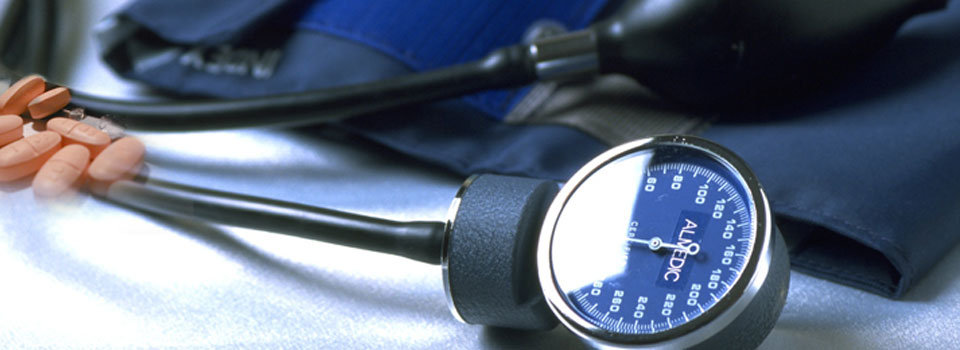A new UGA study suggests that commonly prescribed drugs used to lower blood pressure may help reduce brain damage when given within 24 hours of a stroke.
The finding, based on a study using rats and published in the Journal of Hypertension, may ultimately revolutionize emergency stroke care by putting blood pressure-lowering medications alongside clot-busting drugs and blood thinners as front-line medications.
“There is a long-standing controversy about whether you should even treat elevated blood pressure in stroke victims,” said lead author Susan Fagan, UGA College of Pharmacy professor and assistant dean for the Clinical Pharmacy Program at MCG. “We were able to show that lowering blood pressure in the 24 hours following a stroke can reduce brain damage.”
Fagan and her team induced strokes in rats by occluding a major artery in the brain. After three hours, the suture was removed to simulate the effect of thrombolytic, or clot-busting, drugs. The rats were then given one of two common blood pressure lowering drugs or-for the control group-a saline solution.
When researchers measured brain damage, they found that the rats receiving the blood pressure-lowering drugs fared significantly better. While the control group experienced damage in 50 percent of the brain, those receiving the drugs hydralazine and enalapril showed 30 percent damage.
The finding complements a study Fagan and colleagues published last year in the same journal that found similar reductions in brain damage using the common blood pressure drug, candesartan, a popular drug in the class known as angiotensin receptor blockers. The rats given candesartan, however, showed the additional benefit of improved function while the rats receiving the other blood pressure medications had less benefit. Fagan said that in addition to protecting the brain and blood vessels through lowering blood pressure, ARBs appear to block the damaging effects of angiotensin II, a molecule released from the brain and probably other tissues following stroke.
Fagan said the study helps resolve a long-standing debate in medicine regarding whether blood pressure should be lowered immediately following a stroke. Many physicians believe that elevated blood pressure following a stroke is necessary to keep oxygenated blood at the site of the blockage.
Now Fagan is working on a protocol for a human clinical trial to identify which patient characteristics predict a good response to blood pressure-lowering.
“There are probably some patients that can benefit a great deal by having their blood pressure lowered within that first 24 hours after a stroke,” Fagan said. “Our challenge now is identifying those patients.”
The research was funded by grants from the American Heart Association Southeast Affiliate and the National Institutes of Health.


